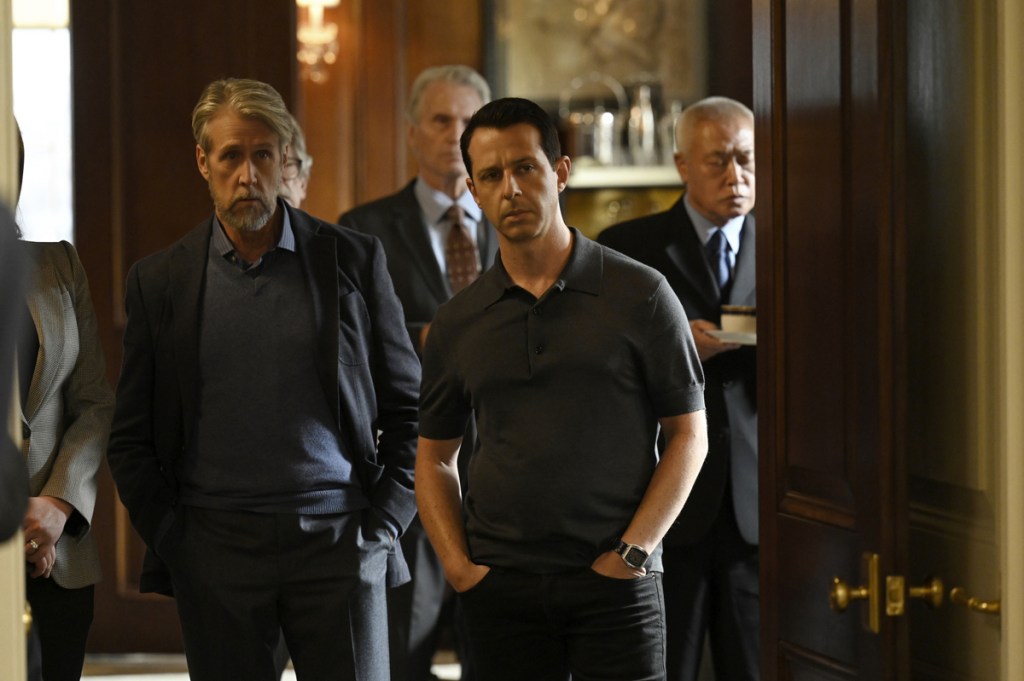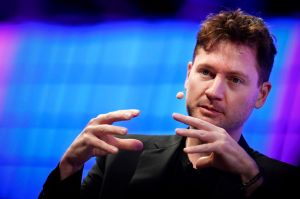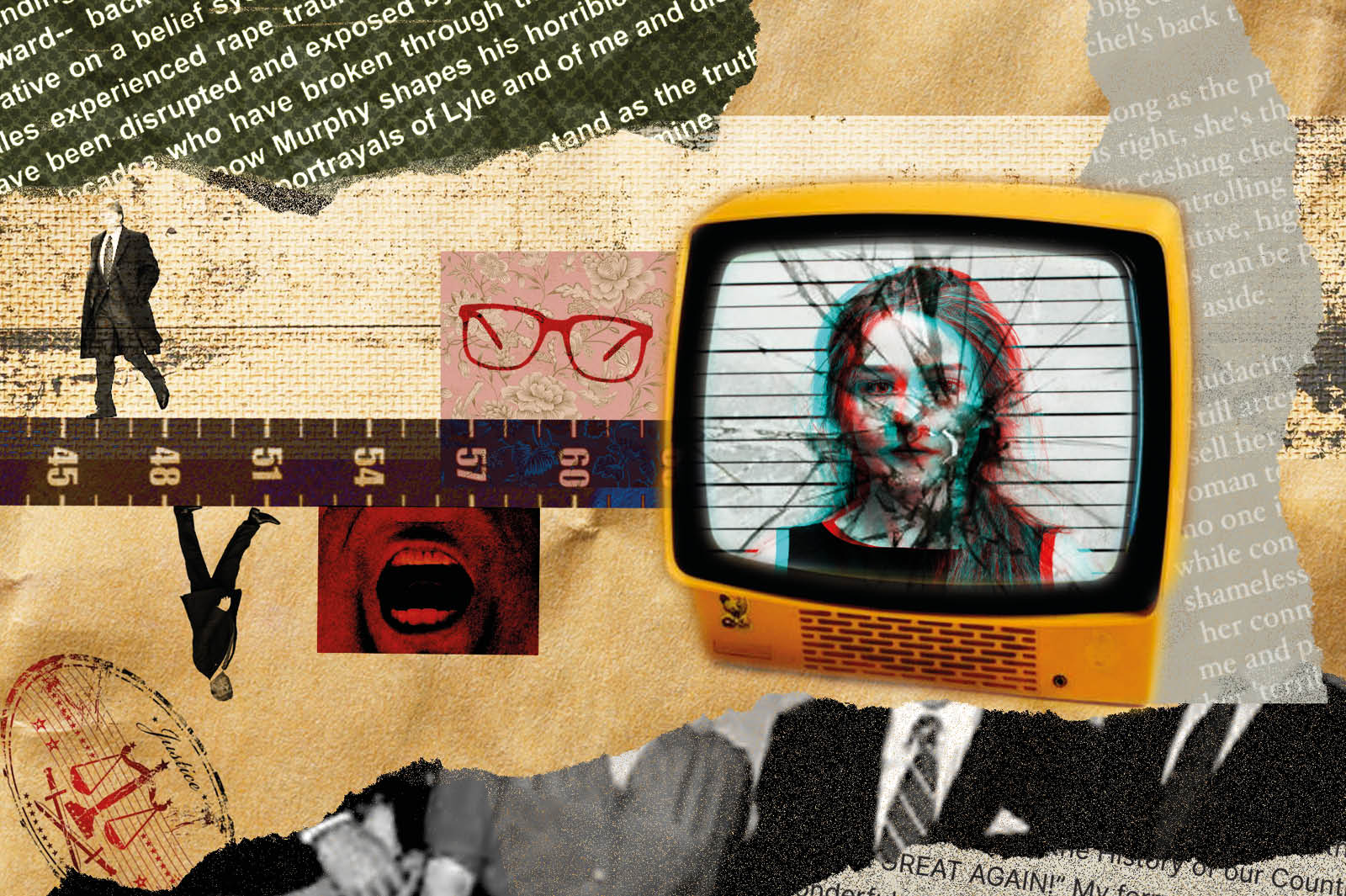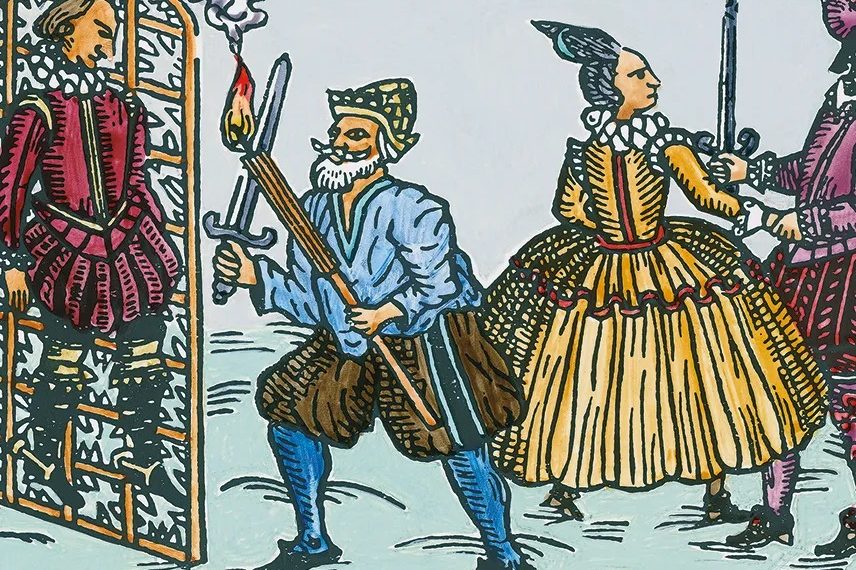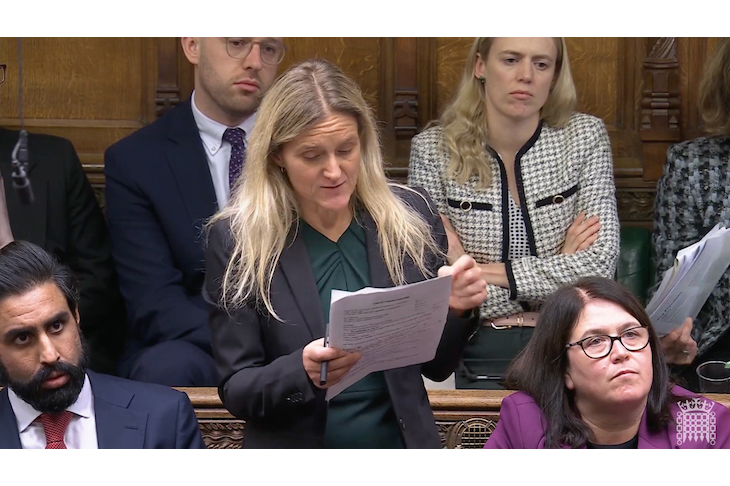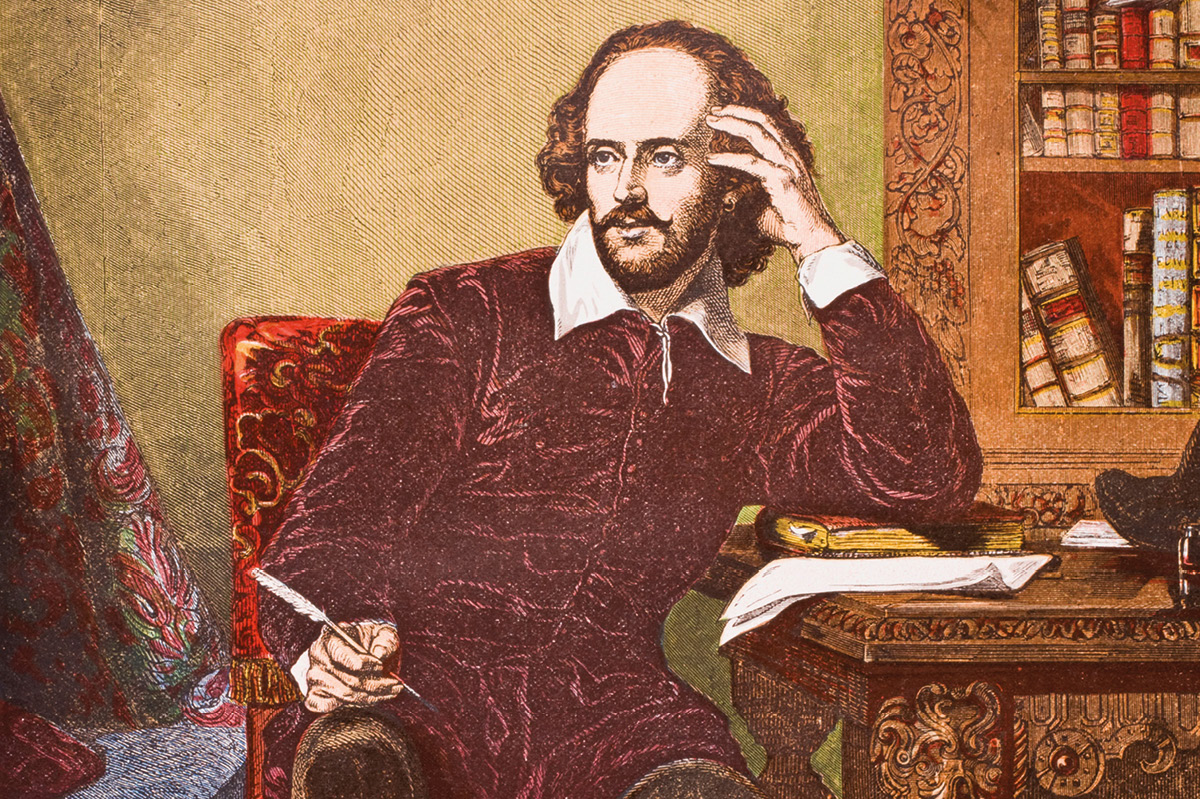The award-winning Succession is many things. Now in its fourth series, it has been compared with a Renaissance painting, a Greek tragedy, a Jane Austen novel, and a psychoanalytical allegory of trauma responses (Kendall — fight; Connor — flight; Shiv — fawn; Roman — freeze).
Ultimately, however, it is a Shakespearean series. The writers may have swapped the battlefield for the boardroom and armies for anxious shareholders, but the show’s character studies and themes — power, family, politics, betrayal, revenge — are Shakespearean in their complexity and circularity. Only instead of soliloquies, we have a lot more raised eyebrows, death-stares and “uh-huhs.” There’s even a playwright called Willa.
Like Shakespeare himself, the writers have taken from a variety of sources. There are numerous allusions to Hamlet: Logan describes hearing bad news over the phone as “dripping poison in [his] ear.” His existential pondering in season four, episode one (“I mean what are people? What are people?”) riffs off Hamlet’s “What a piece of work is man!” speech. Greg the Egg is both a fool and a type of Horatio, never explicitly choosing sides or solidifying his position in this corporate, Oedipal quagmire, at least until his Faustian pact: “What am I going to do with a soul anyways?”
There are parallels with Macbeth: Shiv and Tom are both driven by “vaulting ambition” and ‘black and deep desires’. If Tom is a tool, then Shiv is the “dagger.” She tempts her indecisive, self-pitying husband, who would otherwise be “too full of the milk of human kindness to catch the nearest way.” Like Lady Macbeth, Shiv is similarly unmaternal; she may not go as far as threatening to kill a newborn child, but she’s also not willing to be a “fucking incubator.”
The show’s character studies and themes — power, family, politics, betrayal, revenge — are Shakespearean in their complexity and circularity
Succession is not as bloody and gruesome as Titus Andronicus; Logan may make grown men “oink for their sausages, piggies!” in “boar on the floor,” but at least no one is being fed human meat in a pie. However, Logan’s “sacrifice” of Kendall in the season two finale precipitates the cycle of revenge in much the same way as Titus’s killing of Alarbus does. Kendall’s arc in season one also follows Coriolanus’s: attempting and failing to gain counsel, leading a coalition against the ruling state, eventually being sacrificed for his betrayal.
Then, of course, there is King Lear. Logan’s very first words in the series are “Where am I?”: the aging patriarch, with a loosening grip on his faculties (think the UTI and dead cat scene), plays off his children as he dices up their inheritance on a whim. Logan, like Lear, was given no great fanfare around his death; in the play, Shakespeare simply writes, “he dies.”
Roman, previously a caustically witty clown, is developing into more of a Cordelia character. One could argue that in the first series Kendall was more Cordelia (or Kordelia with a Kardashian K). Yet Roman, like Cordelia, is the youngest child who the patriarch abuses and despises, and who is unable to say “I love you” at the moment it’s needed most. In the third episode of season four, Roman is the only child who doesn’t tell his father he loves him down the phone as he lies dying, unable to articulate the depth of his feelings more than “You’re going to be OK because you’re a monster and you always win.” Yet Roman increasingly seems to be the sibling with the most genuine love for his father, which he offers in the crushing blow of the season three finale. After the children realize their super-majority has disappeared, Logan bellows: “What have you got in your fucking hand?” and Roman sheepishly replies: “I don’t know, fucking love?”
Frank could be a stand-in for Kent, a loyal servant who is banished for questioning Logan/Lear’s leadership. Shiv’s poisonous litany of Kendall’s flaws in her open letter in season three, episode four is reminiscent of Goneril’s poisoning of Regan. Thankfully I can see no parallels with Gloucester’s eye-gouging, unless someone wants to do an analysis of Greg being sick through his costume’s eyeholes in the opening episode.
If Succession really is King Lear for the modern, media generation, then here’s my prediction: Tom will win. Why? Because Tom is Albany: an outsider who gains power by marrying the king’s daughter. Both characters are cowardly cuckolds who are constantly berated by more domineering wives who they later betray; both are sycophants who try to become the legitimate heir by their own merit. Tom, like Albany, will become king by virtue of everything and everyone else falling apart. He may even rule alongside Greg, who is like Edgar, appropriately nicknamed “Poor Tom.”
The moment has possibly been foreshadowed already. In the first episode of the series, as Tom is talking to Shiv about the bidding, the camera slowly turns away from Logan to Tom, who replaces him front and center. Gerri, Karl and Frank flank Tom by his sides: let battle commence.
Yet with Logan gone, who would want to rule over these bleak and godless worlds? The tragedy therefore is not that Logan dies, but that the other characters have to live, unable to ever get the paternal love and validation that they so desperately crave. The question of inheritance and succession is only a metonym; everything else is “mere trash.” Tom may come out on top, but was it all worth it? Oh, what fools these mortals be.
This article was originally published on Spectator Life.



